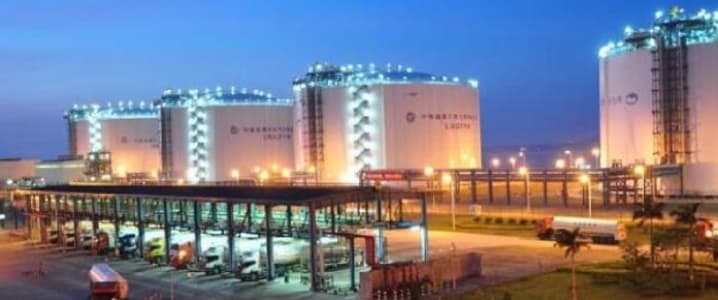An Iranian energy expert has warned that the policy pursued by Saudi Arabia-led OPEC might end in an environmental disaster. More specifically, according to Mohammed Sadegh Djoukar, if Saudi Arabia continues to pump crude at record levels, even a freeze won’t help with prices, and if prices remain low the reduction of CO2 emissions will become a real challenge for some countries.
There have been numerous warnings from environmental groups and energy industry observers that low crude oil prices are putting a wrench into the wheels of renewable energy, hampering its development as a viable alternative to fossil fuels.
An output freeze at the current production levels in Saudi Arabia and the Gulf states, not to mention Russia, would be close to meaningless, as has been noted by most industry watchers. However, the implications for climate change have not been discussed in that much depth.
The energy industry and the environment are locked in a vicious circle. If oil and gas are cheap, renewable alternatives become unattractive because they’re costlier. And even if oil prices do rise, it may not make any significant difference, and here’s why.
Even though 195 countries signed the Paris Climate Agreement last year, many of them are developing economies. As Djoukar accurately points out, it will be very difficult for these developing economies to meet their obligations under the agreement because, hype aside, renewable energy is still more expensive than most fossil fuels.
Perhaps even more importantly, renewable alternatives are still not as reliable as oil and gas in terms of consistent supply. We have recently reported on many developments in the renewable energy field—from new kinds of batteries to harnessing bacteria. And there is indeed a major drive for all sorts of renewable energy sources and methods of using nature’s resources to produce clean power, but there is one pesky problem with these sources that continues to persist: economic viability. Related: Crude Crumbles On Weak IEA Data
Of course, oil and gas companies will not sit idly by, watching the renewable revolution happen around them. In fact, it’s not even a revolution, rather an evolution, which is why it is taking longer. While it unfolds, E&Ps have demonstrated time and again that all they need for ramping up oil and gas production is a slightly higher price for their produce on the futures markets. That’s because they are well aware of the second point made above: oil and gas are still the more economical fuels in the world.
Even at $100 a barrel, demand for crude will remain strong, especially in economies such as India and China, not to mention the scores of smaller developing markets. It will remain strong in the U.S. and much of Europe as well, though truth be told, the U.S. and European economies are much better placed to fulfill their CO2 reduction obligations.
So, warnings such as Djoukar’s, that “To solve the problem of global warming we need to keep oil prices up,” must be taken with more than a pinch of salt. Keeping oil price high will not solve the problem with climate change, it will just make developing economies spend more on oil and gas.
What high prices will certainly do, however, is help Iran get back on its feet after the years of sanctions. Incidentally, a price improvement will also benefit its arch-enemy in the region, Saudi Arabia, and keep its loudly advertised Vision 2030 renewable power program on the shelf. In other words, cheap or expensive, oil and gas will continue to interfere with efforts to curb the effects of climate change. At least until everybody really gets serious about dealing with these effects, which for now remains a fantasy.
By Irina Slav for Oilprice.com
More Top Reads From Oilprice.com:
- What Makes Argentina The Sweet Spot In The Lithium Space
- IEA: Oil Demand Growth To Slow This Year
- Clinton Versus Trump: The Biggest Difference In Energy Policy



















Second, the article seriously assumes that any nation cares about the Paris Climate Agreement. Certainly, China likes the agreement since they are not required to do anything while the U.S. would be forced to buy gazillions of Chinese made solar panels. Obama likes the agreement because he is a fool. Beyond that..... Not so much.